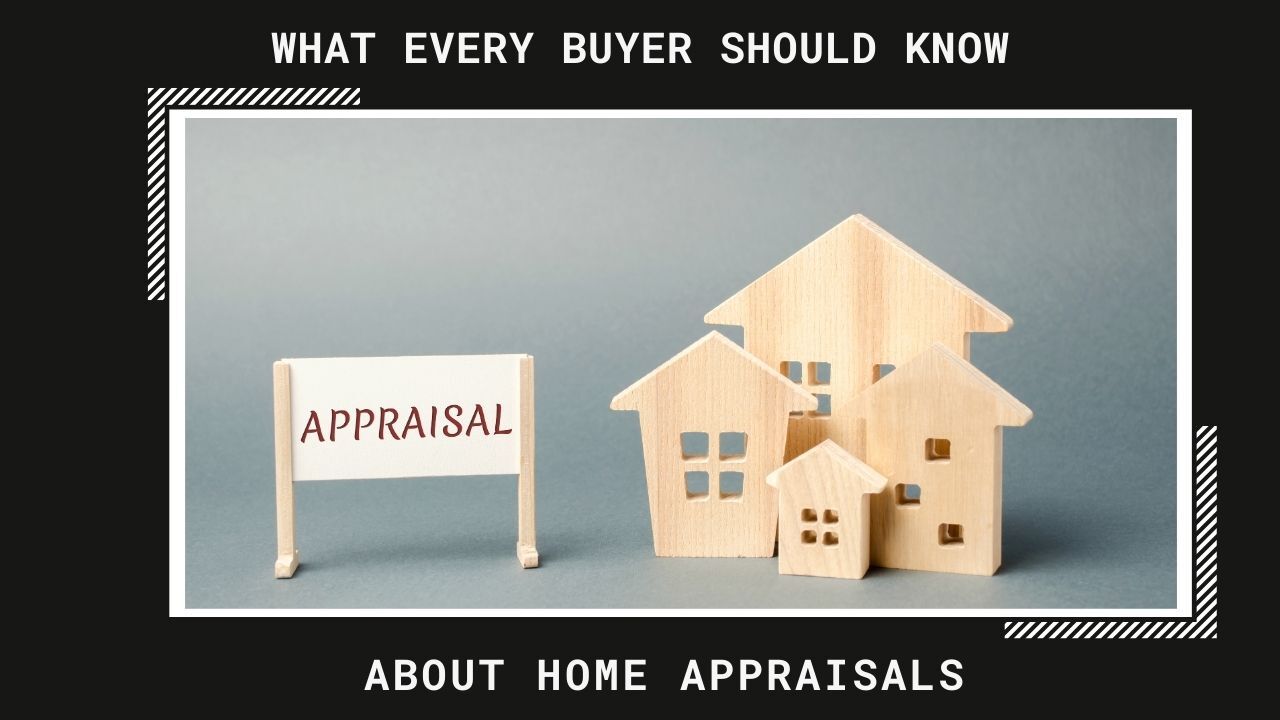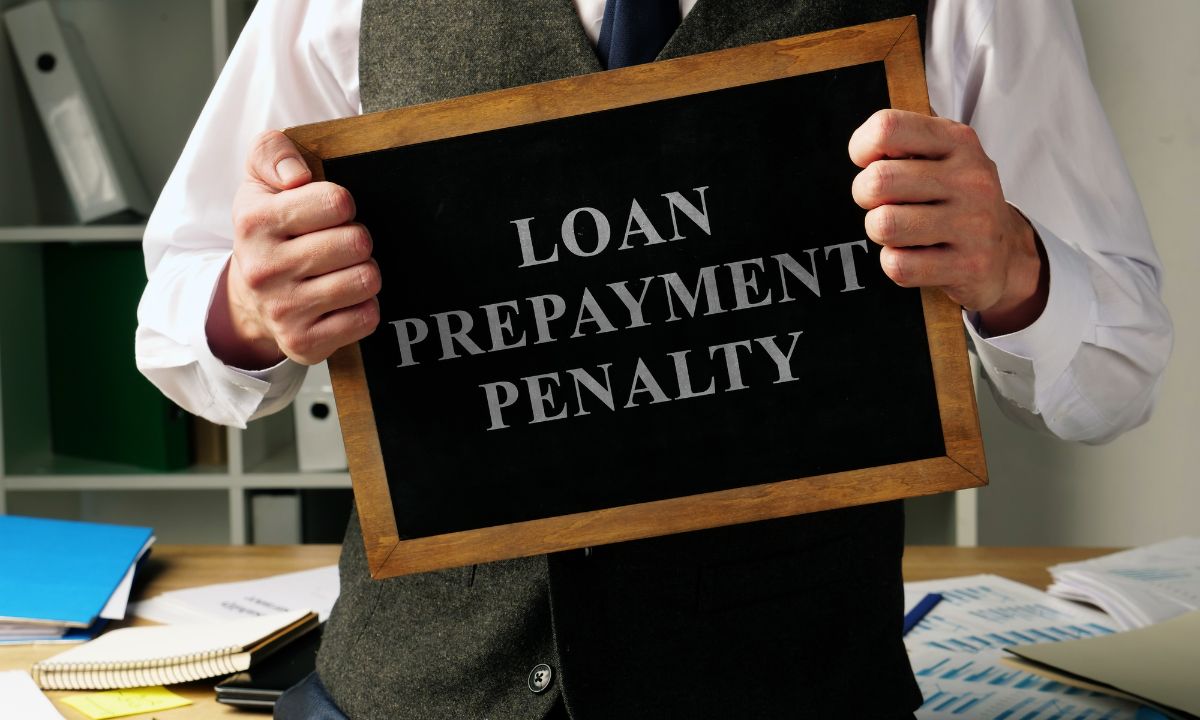What Every Buyer Should Know About Home Appraisals
 Buying a home is an exciting yet complex process, and one critical step often catches buyers off guard—the home appraisal. This professional evaluation determines the fair market value of a property, ensuring that both you and your lender are making a sound investment. Understanding how appraisals work can help you navigate this stage with confidence and avoid potential roadblocks.
Buying a home is an exciting yet complex process, and one critical step often catches buyers off guard—the home appraisal. This professional evaluation determines the fair market value of a property, ensuring that both you and your lender are making a sound investment. Understanding how appraisals work can help you navigate this stage with confidence and avoid potential roadblocks.
What Is a Home Appraisal?
A home appraisal is an unbiased, professional assessment of a property’s value, conducted by a licensed appraiser. Mortgage lenders require an appraisal before approving a loan to confirm that the home’s value aligns with the purchase price. This step protects both the buyer and lender by ensuring the property isn’t overpriced.
Why Do Appraisals Matter?
- Protects the Buyer: If an appraisal comes in lower than the agreed-upon price, it prevents you from overpaying and gives you leverage to renegotiate.
- Protects the Lender: The home serves as collateral for your mortgage, so lenders need to verify its value before approving a loan.
- Aids in Financial Planning: A fair valuation helps you assess the property’s future resale value and long-term investment potential.
When Does the Appraisal Take Place?
Once your offer is accepted, the lender will schedule an appraisal before closing. While the lender arranges it, the buyer usually covers the cost, which typically ranges from $300 to $600.
The Appraisal Process: What to Expect
- Property Inspection – The appraiser visits the home to evaluate its condition, size, layout, and key features, including any upgrades.
- Comparative Market Analysis (CMA) – They research similar recently sold properties (called “comps”) in the area to gauge market value.
- Market Condition Evaluation – Factors like neighborhood trends, school districts, and overall real estate market performance are considered.
- Appraisal Report – The appraiser compiles a detailed report, which includes:
- The estimated market value of the home
- A breakdown of the property’s condition and features
- Comparable property sales used in the valuation
- Any factors affecting the valuation
What Happens If the Appraisal Is Lower Than the Purchase Price?
A low appraisal can complicate your home purchase, but you have several options:
- Renegotiate the Price – Ask the seller to lower the price to match the appraised value.
- Cover the Difference – If allowed by your lender, you can pay the gap between the appraisal and the purchase price out of pocket.
- Dispute the Appraisal – If you believe the appraiser overlooked important details, you can request a review.
- Walk Away – If your contract includes an appraisal contingency, you can exit the deal without penalty.
How Buyers Can Prepare for an Appraisal
- Research Local Market Trends – Understanding recent home sales in the area will help you set realistic expectations.
- Attend the Appraisal (If Possible) – While not mandatory, being present can provide insight into how the appraiser evaluates the home.
- Stay Calm – A low appraisal isn’t always a deal-breaker. There are ways to resolve the issue and keep your home purchase on track.
A home appraisal is a vital part of the buying process, ensuring that you’re making a smart investment. By understanding how it works, what factors influence the outcome, and how to handle potential challenges, you can move forward with confidence. Whether the appraisal confirms your purchase price or presents a hurdle to overcome, being informed will help you make the best decision for your future home.
 Owning a home is an important goal for many people, and as a single mom, it can sometimes feel like a distant dream. But the reality is that homeownership is more achievable than you might think, especially when you know about the financial resources and programs available to you. First-time homebuyer grants, special loan programs, and down payment assistance can help you overcome the financial barriers that might otherwise stand in your way. Here’s what single moms should know about these opportunities.
Owning a home is an important goal for many people, and as a single mom, it can sometimes feel like a distant dream. But the reality is that homeownership is more achievable than you might think, especially when you know about the financial resources and programs available to you. First-time homebuyer grants, special loan programs, and down payment assistance can help you overcome the financial barriers that might otherwise stand in your way. Here’s what single moms should know about these opportunities. Buying a home is a huge milestone, and the excitement of closing can lead many buyers to quickly accept any mortgage offer without fully understanding its terms. One important detail to watch for is whether your mortgage includes a prepayment penalty. This fee can be an unwelcome surprise, so it’s crucial to know what you’re signing up for before finalizing your loan.
Buying a home is a huge milestone, and the excitement of closing can lead many buyers to quickly accept any mortgage offer without fully understanding its terms. One important detail to watch for is whether your mortgage includes a prepayment penalty. This fee can be an unwelcome surprise, so it’s crucial to know what you’re signing up for before finalizing your loan.